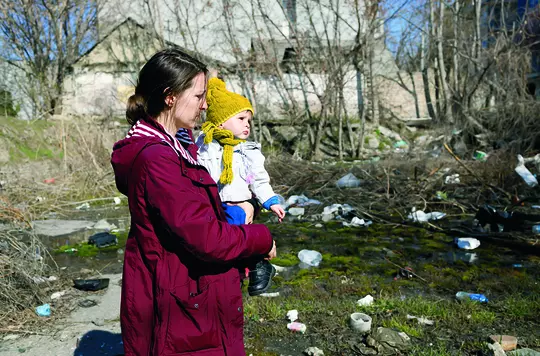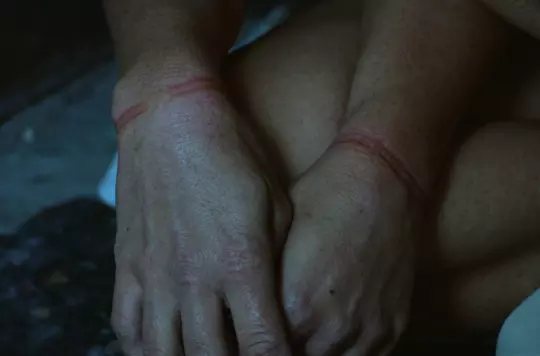Modern slavery policy
Modern slavery is when one person or a group holds another person in forced service. Forced service for personal or commercial gain. Forced service is often brought about through mental, physical and/or sexual threat or abuse.

Modern slavery can occur in every village, town and city in the UK. No community is immune to the dangers posed by this crime. People are hidden in plain sight all around us; this can be in, factories and care homes, nail salons, car washes and cafes.
In recent years, the number of identified victims of modern slavery has increased dramatically. According to the Government’s latest figures, in 2023, 17,004 adults and children were identified and referred to the Home Office as potential victims of modern slavery.
The Salvation Army is dedicated to combatting modern slavery both in the UK and internationally. As part of this effort, the Public Affairs Unit is responsible for developing evidence-based solutions to current and emerging issues around modern slavery and for promoting these solutions at a local and national level through our campaigns.
To develop evidence-based solutions, the Public Affairs Unit works closely with the Army's Anti-Trafficking and Modern Slavery Unit, survivors in our services, as well as sub-contractors within the Modern Slavery Victim Care Contract, to identify emerging trends and establish best practice.
To promote these solutions, the Public Affairs Team works in partnership with key stakeholders, including politicians, civil servants, and other third sector organisations and campaigners, to influence local, national, and international decision makers.
Through this combined effort, the Public Affairs Unit aims to ensure that people are:
- Prevented from becoming victims of modern slavery;
- Protected following experiences of modern slavery; and
- Prosecuted if they have enslaved others.
Key areas of focus for our current modern slavery campaign include:
- Ensuring there are effective and efficient systems of identification of potential victims centred around trauma informed practice;
- Protecting survivors rights in the face of recent legislation by monitoring its implementation and calling for positive change.
- Giving survivors opportunities to speak directly to decision makers and influence policy and practice at a regional and national level; and
- Developing sustainable pathways and referral routes so that victims of modern slavery can gain access to statutory services, including housing and mental health;
Further information about our current campaigns, research, and responses to consultations and inquiries, across homelessness, employment and social security, and modern slavery can be found below.

Protect survivors rights
As the Illegal Migration Bill becomes law without any protections put in place for victims of modern slavery, we promise to keep fighting to make their voices heard.

Modern slavery
We have been combatting slavery and supporting survivors of this horrendous crime since our earliest days, but what is modern slavery and how can we spot the signs in our own community?

Response to The Joint Committee on Human Rights of Asylum Seekers Inquiry
The Salvation Army provides evidence to committee calling for the protection of the rights of survivors of Modern Slavery.

Response to to Home Affairs Committee Inquiry on Human Trafficking
The Salvation Army responds to the Home Affairs Select Committee's inquiry into human trafficking.